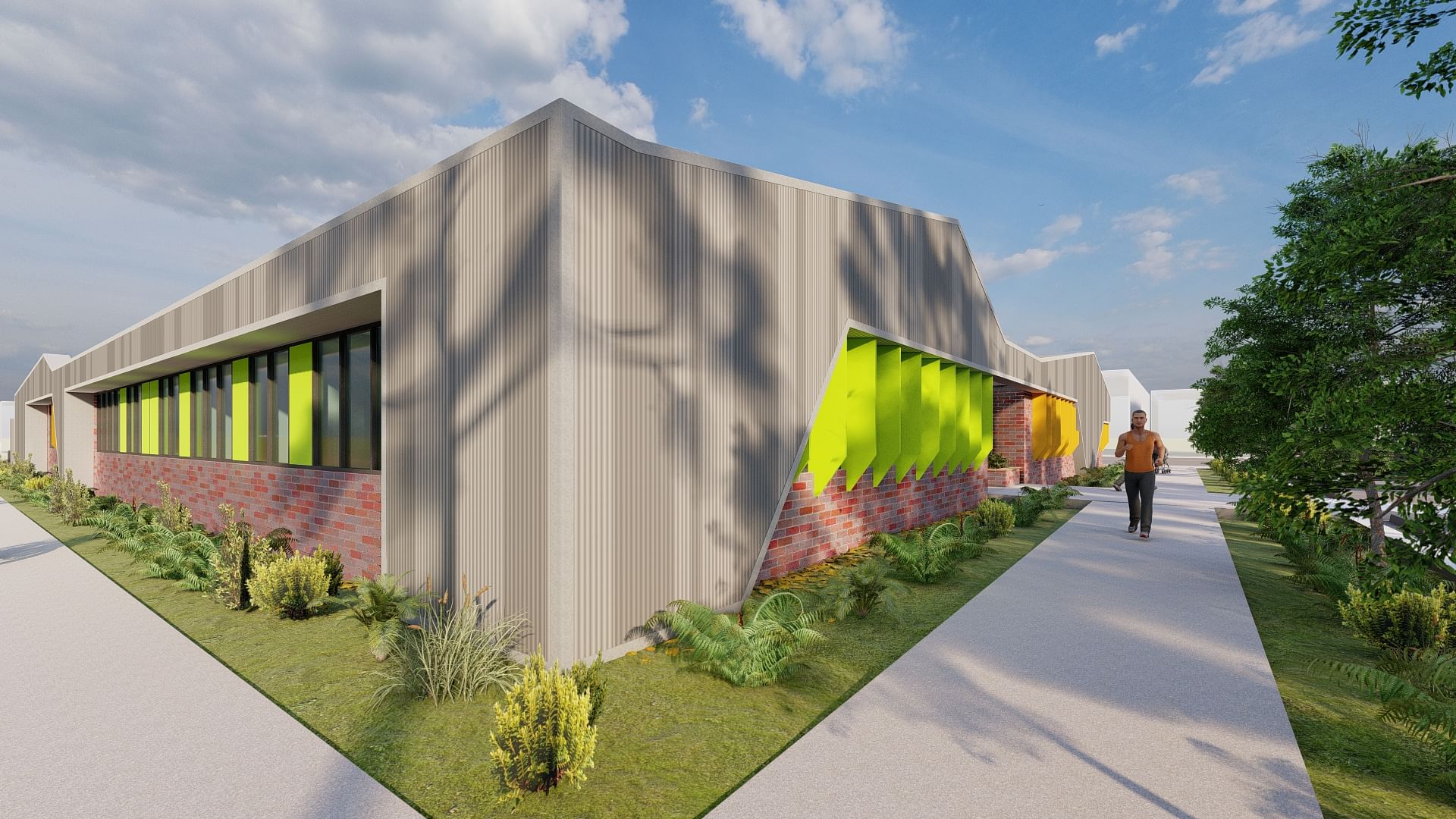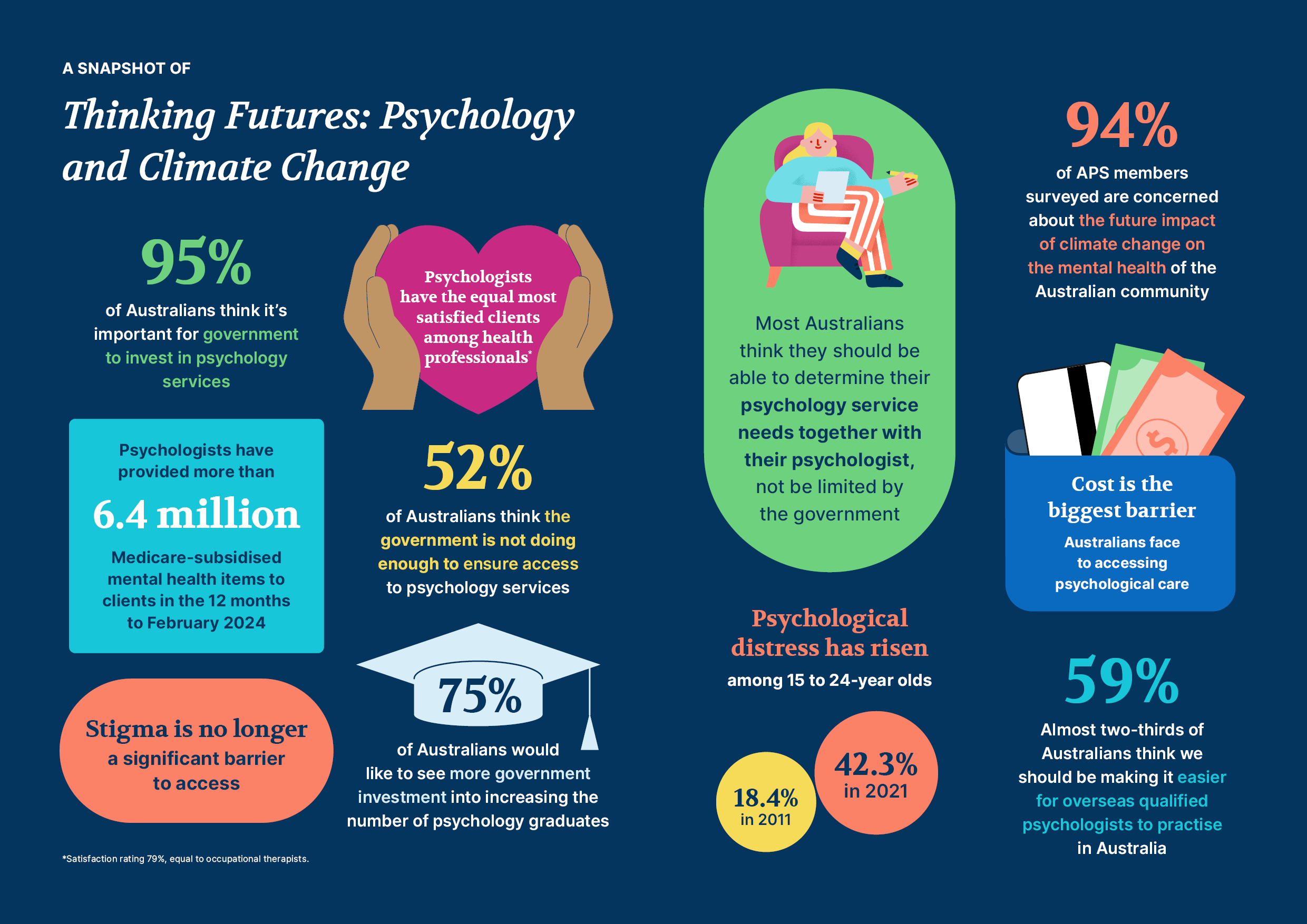The Premier has announced an additional $5 million in grants for cluster fencing in Western Queensland as part of its COVID-19 Unite and Recover Queensland Jobs plan.
Visiting Longreach and Barcaldine, Premier Annastacia Palaszczuk said the new funding under the Queensland Feral Pest Initiative supports jobs and economic activity in the region.
“This is an investment to ensure the long-term viability and sustainability of Queensland’s rural areas, their industries and communities,” Ms Palaszczuk said.
“Fencing construction provides vital support to the Western Queensland community to manage feral pests, the economic impact of COVID-19, ongoing drought and structural rural decline.”
The Premier said the $5 million grants program will be delivered over four years, with additional funding to come from landholders.
“This project will create 55 new local jobs for Central-West and South-West Queensland and help to reinvigorate the local sheep and wool industry,” Ms Palaszczuk said.
“Another 50 properties, representing a total of one million hectares, will be fenced, protecting livestock from wild dogs and in turn increasing the production of high value meat and wool from the region.”
The Palaszczuk Government has committed $19.74 million in the past three years to assist regional communities with the construction of cluster fences and the control of weeds and pest animals.
Minister for Agricultural Industry Development and Fisheries Mark Furner said
the first two rounds of the Queensland Feral Pest Initiative protected more than 400 sheep-producing properties with almost 7,000 kilometres of fencing built.
“Initial data from the Remote Area Planning and Development Board (RAPAD) indicates this investment created 70 new jobs and a gross regional income of $63 million,” Mr Furner said.
“Lambing rates have increased and sheep numbers have almost doubled.
“RAPAD has told us that Queensland’s sheep industry requires more people and more jobs.
“The Palaszczuk Government will continue to work closely with RAPAD and other key partners to ensure that funding supports regional communities to work together to manage key biosecurity risks and in turn increase their economic prosperity.”







